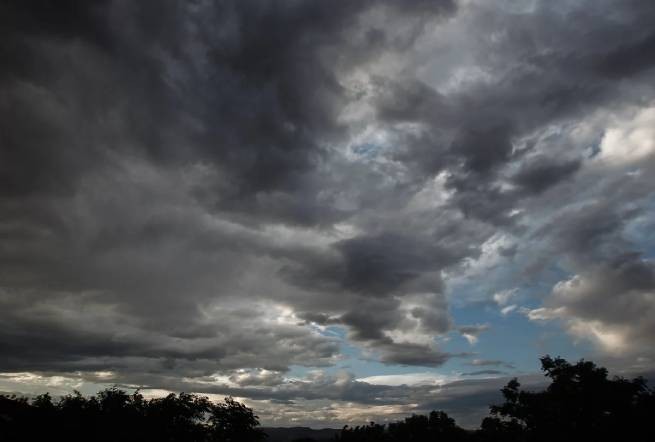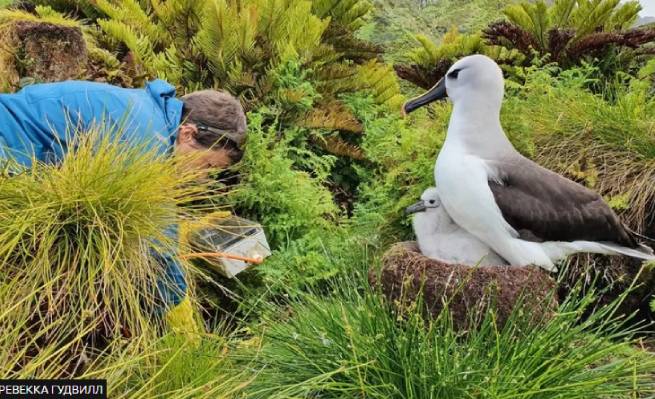The British Wildlife Conservation Group is looking for a person to work for 13 months on one of the world’s most remote islands in the South Atlantic Ocean.
The picturesque volcanic island of Gough is a dependent territory in the Tristan da Cunha archipelago, a remote British territory in the South Atlantic. It has no permanent population and is located about 2,400 km from the African mainland.
Due to the lack of an airport, the only way to get to Gough is by boat from South Africa, the journey takes seven days. Already working at Gough are Rebecca Goodwill and Lucy Dorman, who are among the seven staff members. They live among the eight million birds that inhabit the remote island.
The couple work for the Royal Society for the Protection of Birds (RSPB), Lucy worked in Antarctica before coming to Gough and Rebecca worked for the RSPB in Scotland. September marks the end of Rebecca’s year-long stay on the island, so the RSPB is looking for a new employee with a salary between £25,000 and £27,000.
According to the announcement, the job involves “frequent long days” of tracking seabird species and requires applicants to be well-adapted to life in the “challenging and remote subantarctic environment.”
Applicants must have “a scientific degree or equivalent experience in a relevant field” and “experience in the handling of wild birds and animals, observing them in the field.” At the same time, “experienced” Rebecca and Lucy warn them: they will have to endure inclement weather and a year without fresh food:
“We are just a small rock in the middle of the South Atlantic, so we have some pretty extreme weather. When you are more than a thousand miles from the nearest country, be prepared for the food to be packaged or frozen – for many people, the lack of food and the lack of fresh food are of great importance. The main thing I miss, of course, is a crispy carrot or the opportunity to take a bite out of a good apple. Just for the crunch, but other than that, I don’t feel like I miss it much.”
Fresh fruits/vegetables are too big of a biosecurity risk as they germinate and spread around the island. Instead, food mostly comes from two freezers that are replenished once a year, Rebecca explains:
“One is full of frozen vegetables and the other is mostly frozen meat, and we also have a lot of canned frozen fruits and vegetables. They give us a year’s supply of food during this two-week takeover period and we live off that for the rest of the year.”
She is referring to the 2-week period in September when some Gough employees pack up and return home, and new employees take their place. Thanks to the Internet, people do not feel lonely and at any moment they can get the support of friends and relatives. Rebecca says:
“In some strange way, I feel like I’m more connected to my friends and family here than I probably was when I was working in Scotland. It’s a very nice community here, so we can share stories, learn from each other, and support each other when you can’t be at a wedding or funeral.”
As part of the RSPB International Conservation Science Group, Lucy and Rebecca track the movements of various endangered birds such as the Atlantic yellow-nosed albatross, Atlantic petrel and MacGillivray prion.
For those interested in a year on Gof, the application deadline is the end of Sunday. warns Air force.







More Stories
Bad weather again, with African dust and storms
Weather forecast: air temperature approached +30°C
Flamingos appeared on the beaches of Vouliagmeni and Artemis